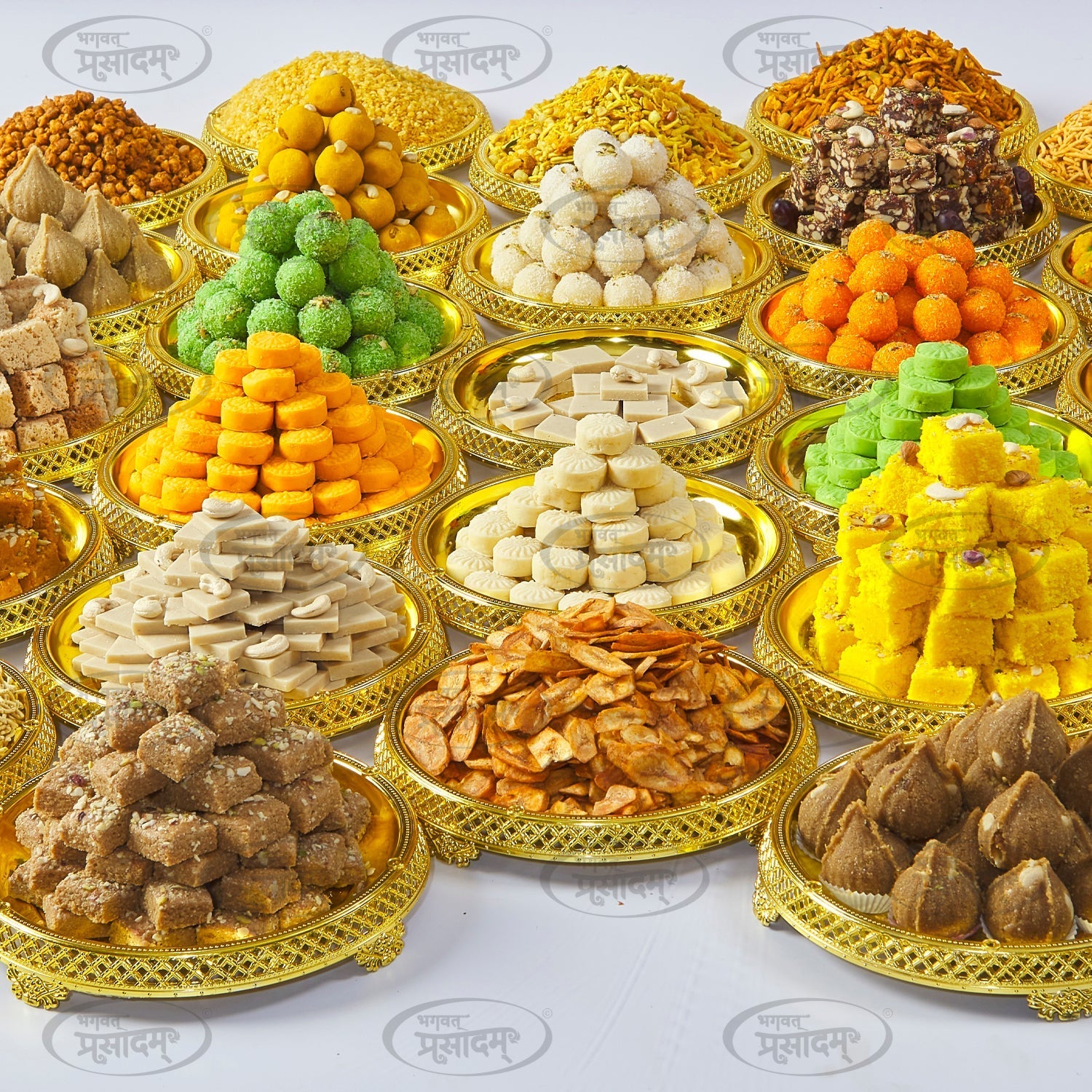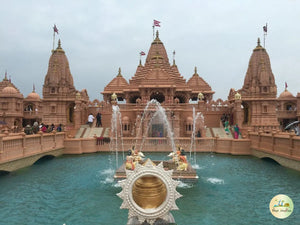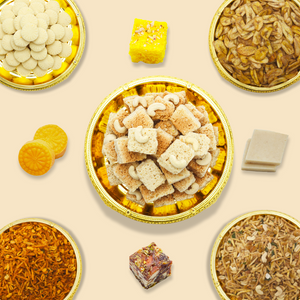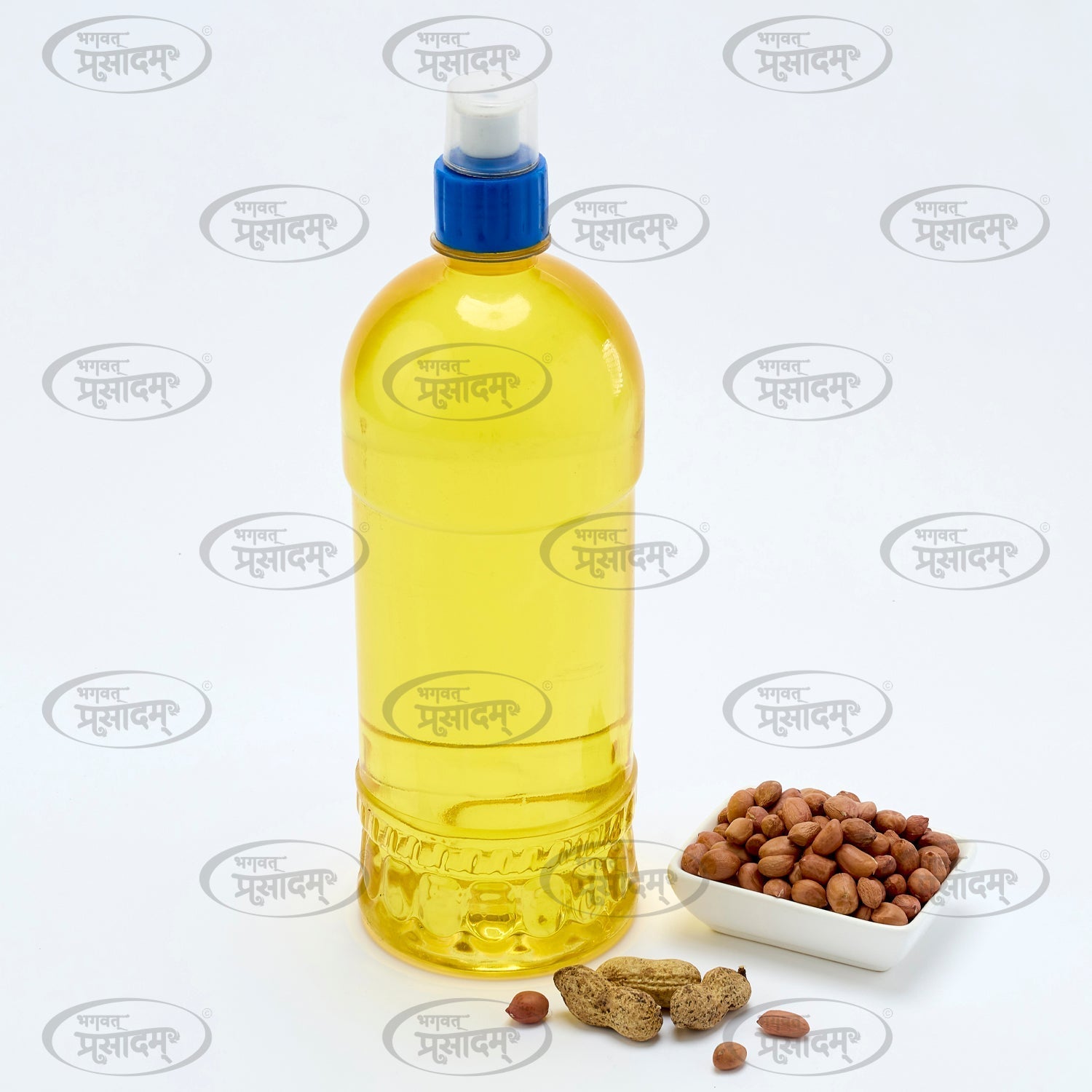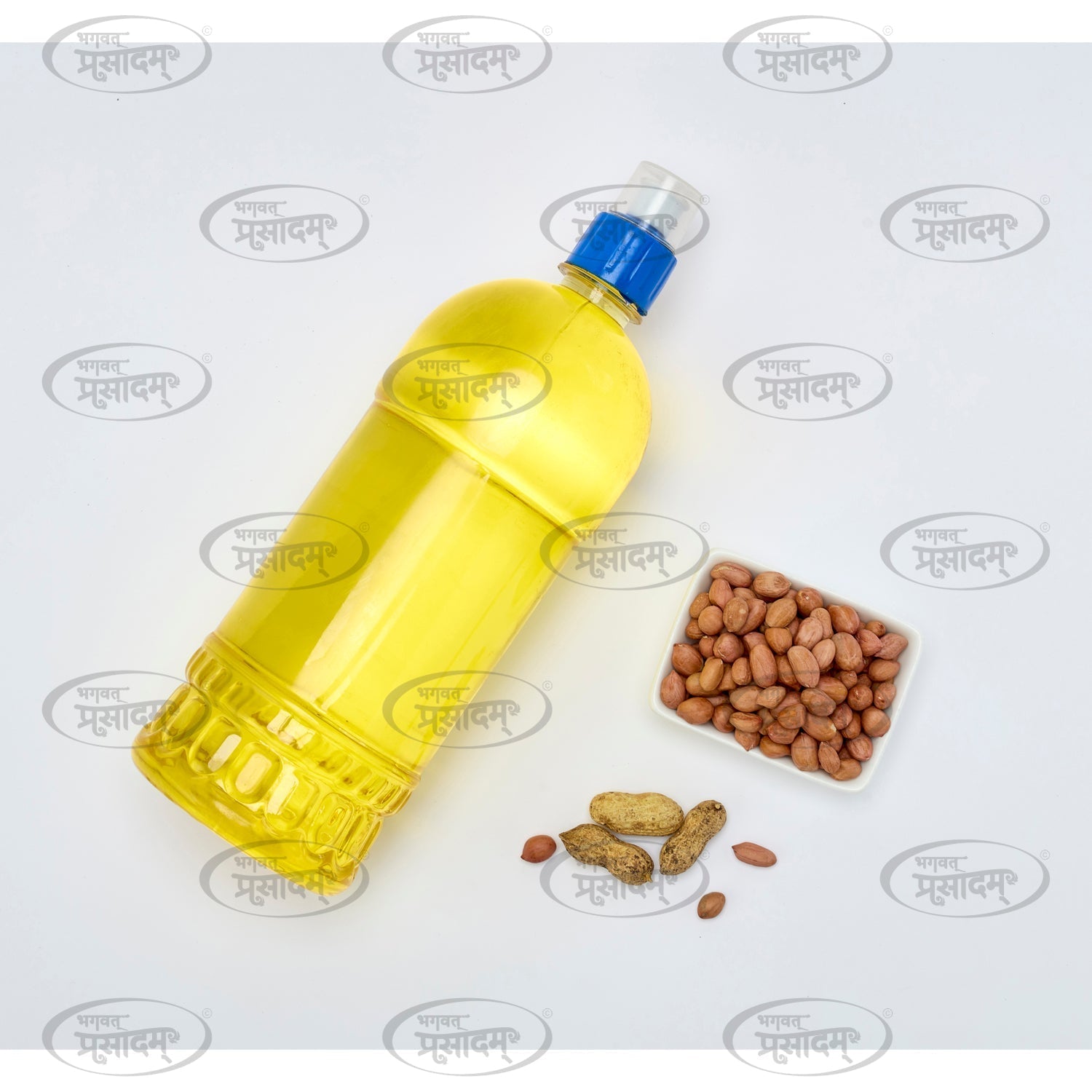In Indian culture, food is more than just sustenance; it is a sacred offering that connects people to the divine. Prasad, a devotional offering made to deities during religious ceremonies, holds a special place in Indian festivals and traditions. It symbolizes gratitude, purity, and the divine blessings bestowed upon devotees. The role of prasad in Indian festivals and traditions is profound and multifaceted, reflecting the deep spiritual significance of food in Indian culture.
The Significance of Prasad
Prasad is considered the food of the gods, blessed by the divine and distributed to devotees as a mark of grace and blessings. It is believed that consuming prasad purifies the mind and soul, bringing devotees closer to the divine. The sanctity of prasad lies in its preparation and offering. It is prepared with utmost devotion and purity, often following specific rituals and using ingredients that are considered sacred.
Prasad in Major Indian Festivals
Each Indian festival has its unique customs and traditions, and prasad plays a central role in many of these celebrations.
1. Diwali: During Diwali, the festival of lights, prasad offerings include a variety of sweets like laddus, barfis, and pedas. These sweets are made with ingredients like ghee, sugar, and flour, symbolizing the richness and sweetness of life. Offering these sweets to deities and distributing them among family and friends is a way to share the joy and blessings of the festival.
2. Janmashtami: Janmashtami, the celebration of Lord Krishna's birth, involves offering a variety of dairy-based prasad, reflecting Lord Krishna's fondness for butter and milk. Dishes like makhan mishri (butter and sugar), kheer (rice pudding), and panjiri (a sweet made of whole-wheat flour, sugar, and nuts) are prepared and offered to the deity, symbolizing love and devotion.
3. Ganesh Chaturthi: Ganesh Chaturthi, the festival celebrating Lord Ganesha, involves preparing and offering modak, a sweet dumpling made of rice flour, coconut, and jaggery. Modak is considered Lord Ganesha's favorite sweet, and offering it as prasad signifies devotion and the removal of obstacles in the devotee's life.
4. Navratri: During the nine days of Navratri, devotees observe fasting and prepare sattvic (pure) food as prasad. Dishes like kheer, sabudana khichdi (tapioca pearls cooked with potatoes and peanuts), and fruits are offered to the goddess, symbolizing purity and devotion. The prasad is then shared among devotees, fostering a sense of community and spiritual connection.
5. Raksha Bandhan: On Raksha Bandhan, sisters tie rakhi (a protective thread) on their brothers' wrists and offer prasad, usually consisting of sweets like barfi and laddus. This ritual signifies the bond of protection and love between siblings, with prasad symbolizing the blessings and well-wishes exchanged.
The Spiritual and Social Role of Prasad
Prasad serves both spiritual and social functions in Indian traditions. Spiritually, it is believed to carry the divine energy and blessings of the deity to whom it is offered. Consuming prasad is an act of receiving this divine grace, which is thought to bring peace, prosperity, and well-being. The ritual of offering and receiving prasad fosters a deep sense of spiritual connection and devotion among believers.
Socially, prasad plays a significant role in bringing communities together. During festivals and religious ceremonies, the distribution of prasad encourages sharing and unity. It transcends social and economic barriers, as everyone partakes in the same blessed food, reinforcing the idea of equality and communal harmony. Sharing prasad strengthens bonds among family members, friends, and the larger community, creating a sense of belonging and togetherness.
Modern-Day Practices
While the traditional essence of prasad remains intact, modern practices have evolved to accommodate changing lifestyles. Today, prasad offerings may include a wider variety of foods, including healthier options and innovative recipes that align with contemporary dietary preferences. Despite these changes, the core values of devotion, purity, and community remain central to the practice of offering and sharing prasad.
At Bhagvat Prasadam, we honor the sacred tradition of prasad by crafting offerings that uphold the highest standards of quality and purity. Our range of prasad items is prepared with devotion, using authentic recipes and the finest ingredients. We aim to bring the divine blessings of prasad to your home, allowing you to partake in this sacred tradition with your loved ones.
Conclusion
The role of prasad in Indian festivals and traditions is deeply rooted in the cultural and spiritual fabric of the country. It symbolizes the connection between the divine and the devotees, the blessings of the deities, and the sense of community and togetherness. By offering and sharing prasad, devotees express their devotion, gratitude, and desire for divine grace. Whether it’s the sweets of Diwali, the dairy delights of Janmashtami, or the sattvic dishes of Navratri, prasad enriches the spiritual experience and brings people closer together.
